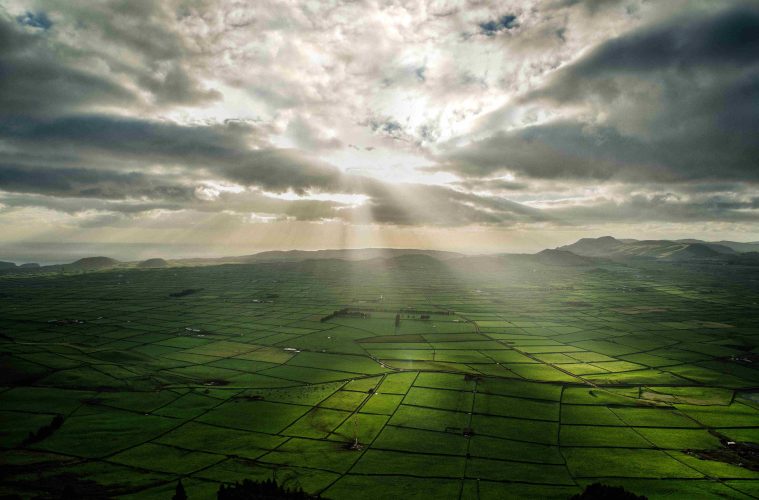Between 2001 and 2023, Africa recorded the world’s highest growth in cultivated agricultural land. According to FAO. 96% of the global increase in cultivated areas between 2021 and 2023 (i.e. 75 million hectares out of a total of 78 million) took place on the African continent. This expansion has come at the expense of forests (with an estimated loss of 82 million hectares of forest cover during the same period).
In detail, according to the FAO and the University of Maryland, this expansion was particularly high in three regions: West Africa with an increase of 31 million hectares of cultivated land, followed by East Africa (+25 million hectares) and Central Africa (+15 million hectares). Sub-Saharan Africa saw its cropland grow from 155 million hectares to 240 million between 1995 and 2016.
At the country level, Nigeria, Ethiopia, Sudan, Tanzania, Angola, the Democratic Republic of the Congo (DRC) and Mozambique are the countries that have experienced the largest expansion of cropland. Nigeria tops the list with the largest area of cropland and the largest expansion in Africa.
This expansion accelerated significantly after 2006. Between 2000 and 2020, the total area of cropland in Africa increased by 60 million hectares, mainly through the conversion of natural vegetation (forests, grasslands, scrub). More recently, between 2021 and 2023, Africa recorded 96% of the global growth in cultivated agricultural land, or about 75 million hectares.
However, this rapid expansion is not without consequences. It has often led to massive deforestation (Africa is estimated to have lost 82 million hectares of forest cover between 2021 and 2023) and to the degradation of natural habitats, posing significant challenges in terms of environmental sustainability and long-term food security.
Expansion due to temporary crops and export crops
According to FAO, this growth was mainly supported by the expansion of temporary crops (crops with a growing cycle of less than one year) such as cereals and tubers such as maize, rice, millet, sorghum, cassava and yams. This category of agricultural production was developed on an additional 59 million hectares between 2001 and 2023 on the continent, which represents an increase of 38%, well above the global average (+11%).
Land expansion directly linked to export crops is an important driver of deforestation, particularly related to large-scale land acquisition and the development of specific value chains. A significant share of farmland acquisitions in Africa (about 37% of global transactions) is driven by agricultural production for export to other regions (notably the Gulf countries) rather than to local markets.
Permanent crops such as cocoa, coffee, oil palm and rubber trees have seen their area increase by 18 million hectares (+65%). West Africa in particular showed a 79% growth in the agricultural area dedicated to these crops over the period under review, while in Central Africa the area devoted to these sectors doubled.
It should be noted that in Côte d’Ivoire, the world’s largest bean producer, about 45% of total deforestation and forest degradation are attributed to the development of cocoa cultivation. In a report published in 2023, researchers from the Catholic University of Leuven (Belgium) revealed that about 2.4 million hectares of forest were replaced by cocoa plantations in the country between 2000 and 2019, an area almost equivalent to the size of Rwanda.
Another report also published in 2023 in the academic journal Nature Food indicates that cocoa cultivation is directly linked to the loss of 386,000 hectares of forests located in protected areas in Côte d’Ivoire and Ghana between 2000 and 2020.
Overall, this dynamic reflects both the growing pressure to feed the continent’s rapidly growing population and the rise of cash crops for export. However, there is untapped potential for increased exports (without deforestation), particularly for cocoa, beverages, oilseeds, vegetables and nuts.
Faced with these observations, the question is no longer just how to feed a growing population, but how to produce more without further degrading ecosystems. The challenge for African countries is to accelerate sustainable intensification to prevent agricultural growth from undermining the foundations of its own sustainability.
Sources: FAO, University of Maryland and Ecofin Agency




